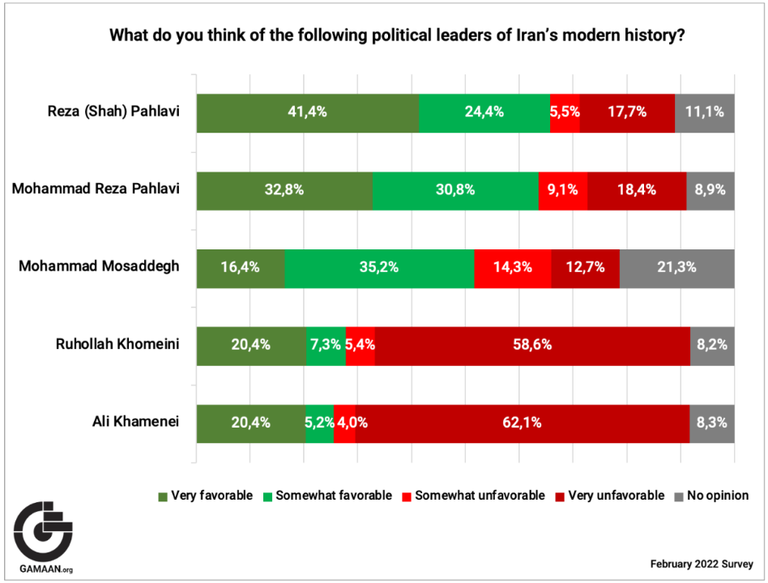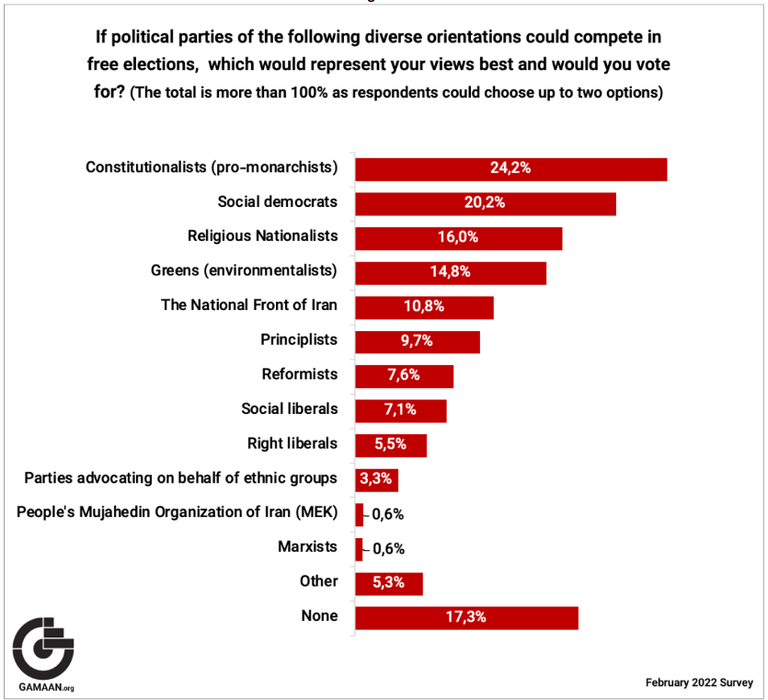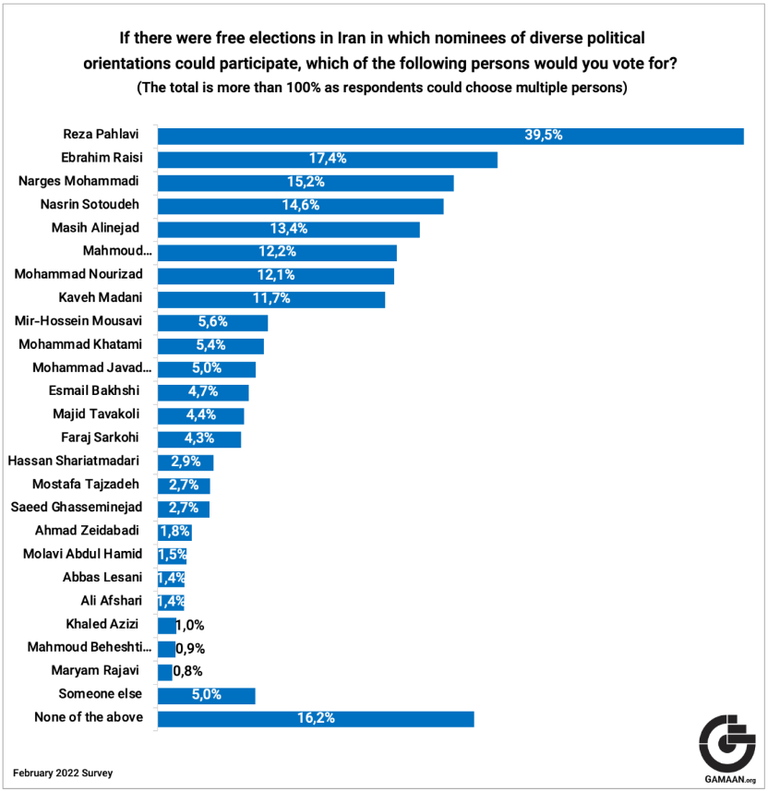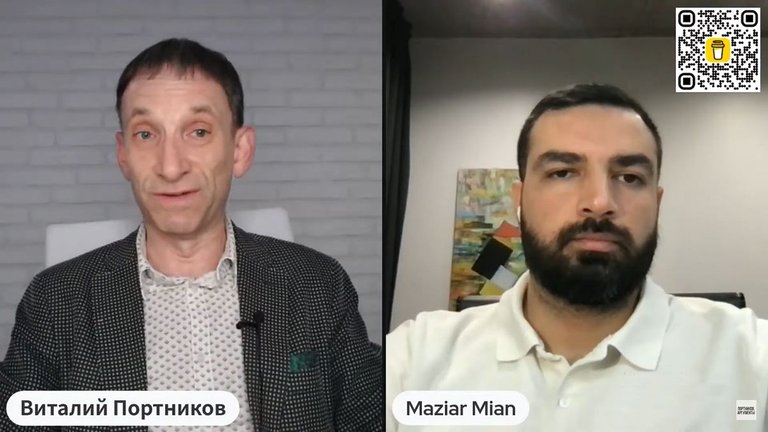Is a Revolution Against the Islamic Republic Possible in Iran?
I watched an interview with Iranian blogger Maziar Mian, who believes that the war may lead to the fall of the Islamic Republic and the rise to power of the democratic opposition. He suggests that the Iranian authorities' control over the country has been reduced: officials, hiding in bunkers, are experiencing communication problems, and some political leaders have died in Israeli strikes.
Renowned journalist Vitaly Portnikov interviews Maziar Mian
Israel also struck the Iranian police headquarters, a move that suggests Israel is attempting to dismantle the repressive instruments of the Iranian dictatorship in order to create the preconditions for a revolution. The blogger argues that Israel has no choice, as Iran will never abandon its goal of destroying Israel as long as the Islamic Republic exists.
According to the blogger, the Iranian people have nothing to quarrel over with Israel; there is no real conflict between the two countries. The only problem is the regime of the ayatollahs.
He also claims that Israel's military operation is guided by intelligence from an extensive spy network within Iran. This has become possible due to widespread dissatisfaction with the authorities, so Iranian officials and military personnel are reportedly acting as informants for Israel.
However, such statements remain open to doubt, as it is difficult to make definitive claims about the Iranian people in a country that lacks political freedom and transparency.
Nonetheless, some independent social surveys have been conducted in the country. One of them surveyed over 20,000 people living in Iran in 2022. Here are the key findings from it:
The results show that 88% of the population consider “having a democratic political system” to be “fairly good” or “very good”. On the other hand, while 67% of the population consider “having a system governed by religious law” to be “fairly bad” or “very bad”, around 28% evaluate such a system as “good”.
When asked about their preferred regime type, 34% chose a “secular republic”, 22% the “Islamic republic”, 19% a “constitutional monarchy”, and 3% an “absolute monarchy”. Also, over 21% declared that they are “not sufficiently informed to answer this question”
The poll found that the Shahs of Iran are more than twice as popular as Khomeini, the founder of the Islamic Republic, and Ali Khamenei, the current Supreme Leader of Iran:

The political preferences of Iranians also point to a choice in favor of a secular democratic state:

Crown Prince Reza Pahlavi is the most popular political leader, the survey showed:

For more details, read the full report Iranians’ attitudes toward political systems

https://www.reddit.com/r/Israel/comments/1lgcoml/is_a_revolution_against_the_islamic_republic/
This post has been shared on Reddit by @x-rain through the HivePosh initiative.
Congratulations @davideastman! You have completed the following achievement on the Hive blockchain And have been rewarded with New badge(s)
Your next target is to reach 50 replies.
You can view your badges on your board and compare yourself to others in the Ranking
If you no longer want to receive notifications, reply to this comment with the word
STOP